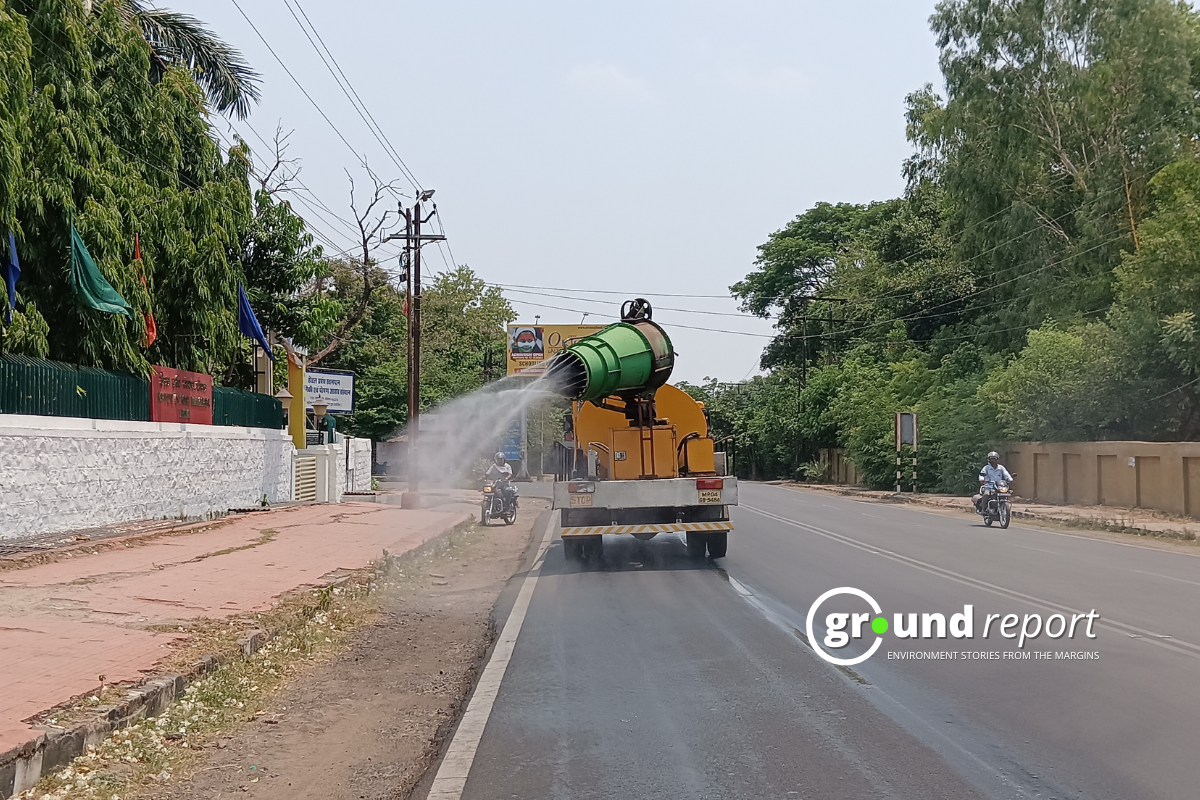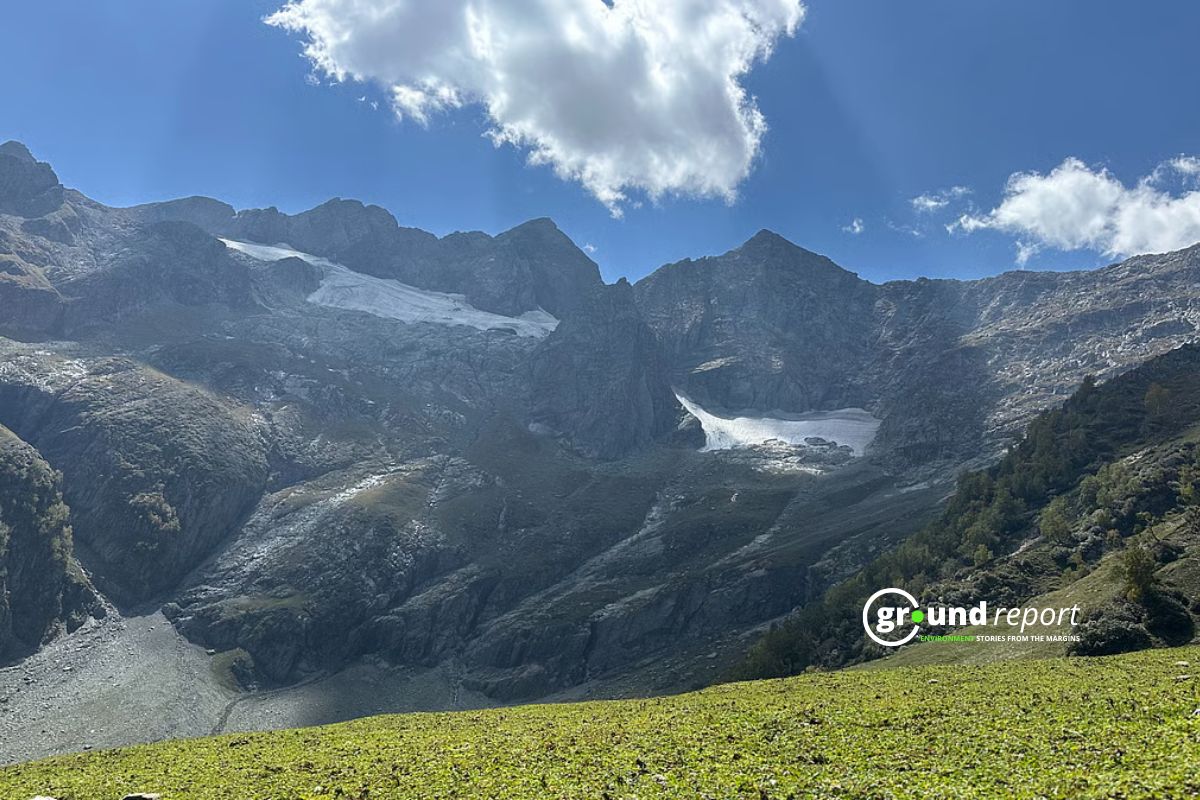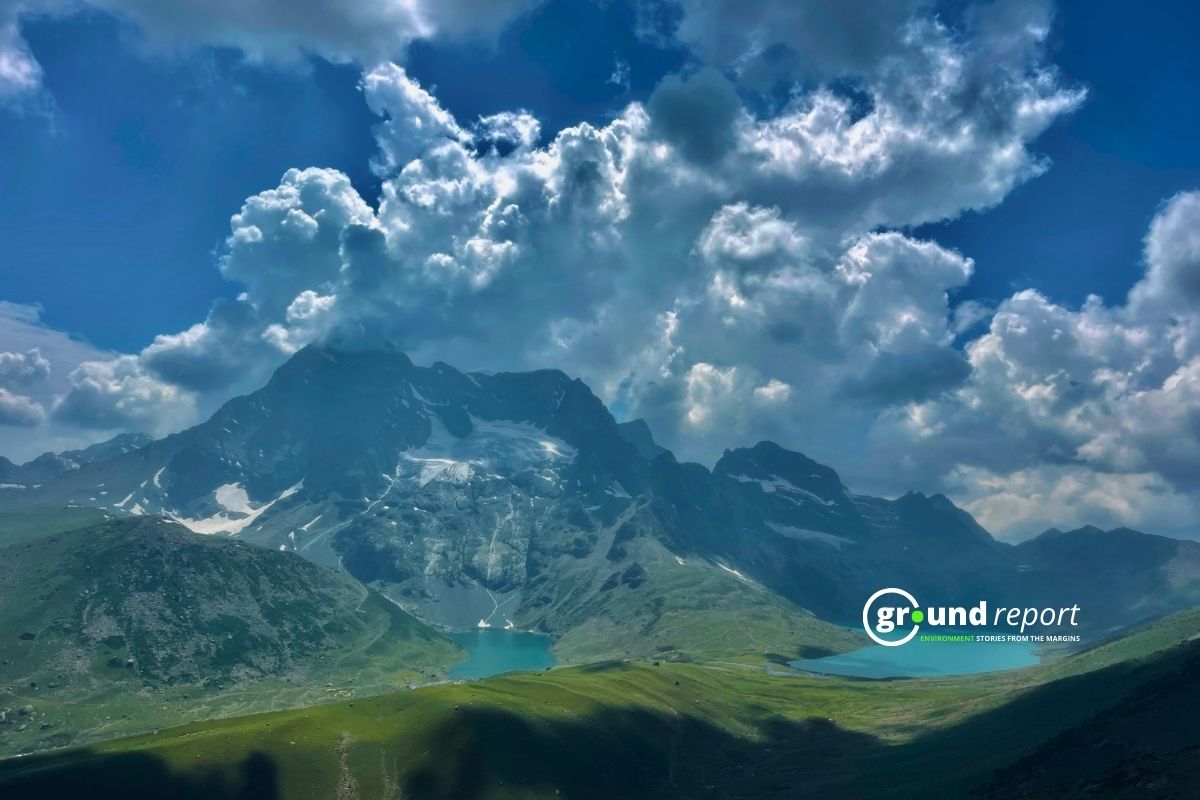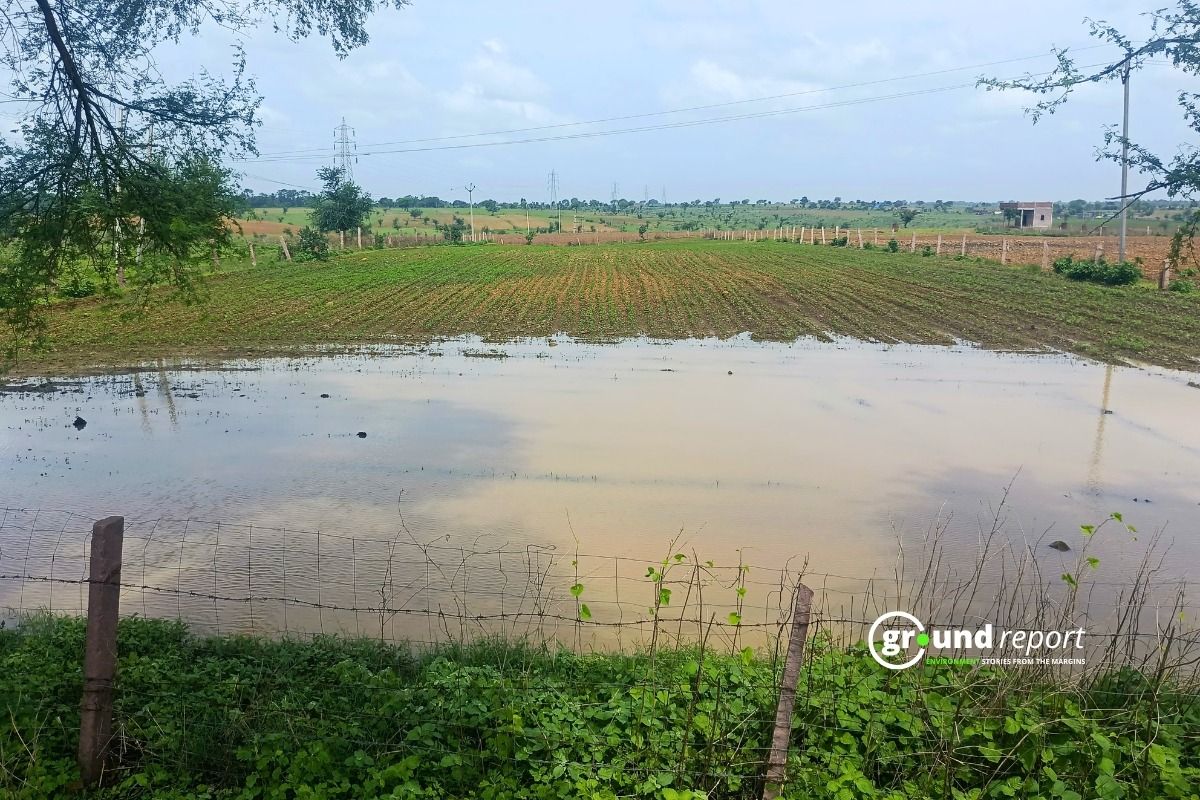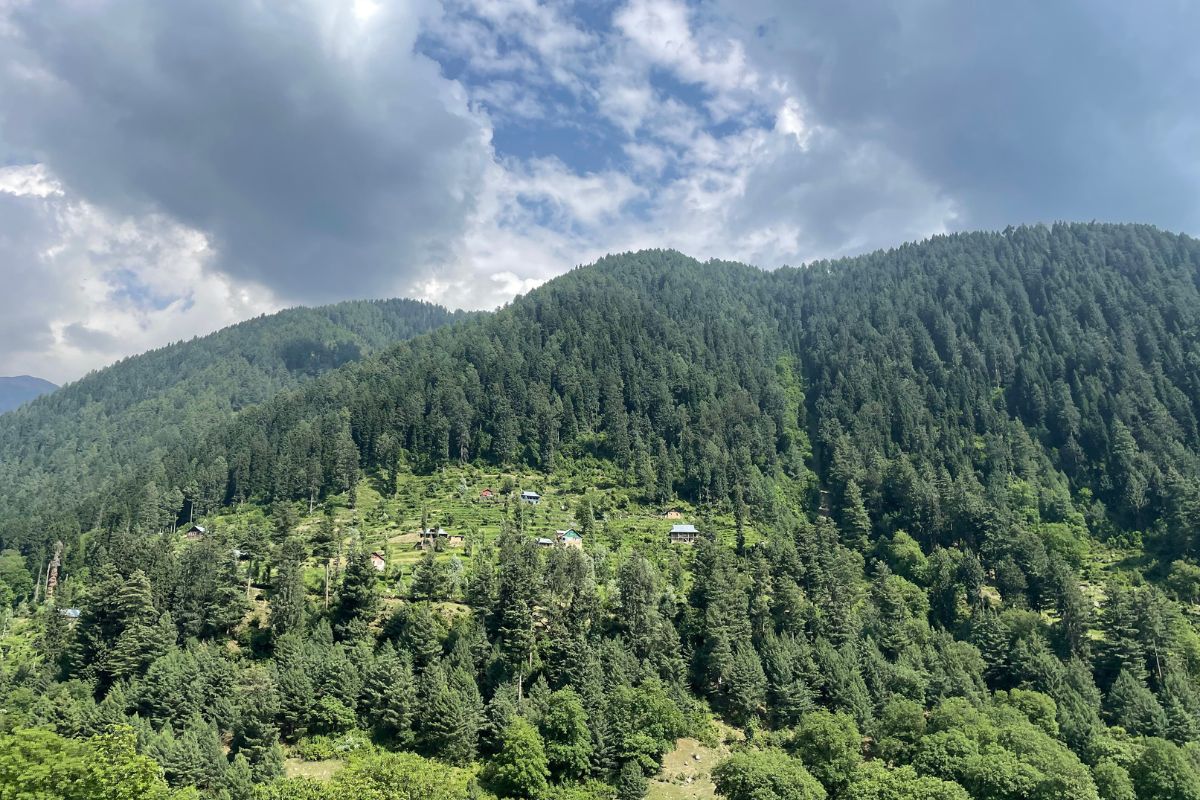A recent analysis by Climate Central, a US-based scientific group, reveals that nearly five billion people worldwide experienced extreme heat exacerbated by climate change over nine days in June. The study highlights the alarming impact of rising global temperatures on human populations.
India topped the list with 619 million people facing extreme heat conditions, followed by China with 579 million people impacted. Other affected nations included Indonesia, Nigeria, Brazil, Bangladesh, the United States, and several European countries.
“More than 60% of the world’s population faced extreme heat that was made at least three times more likely by climate change during June 16-24.
Andrew Pershing, Climate Central’s chief program officer, emphasized the link between fossil fuel consumption and the increasing frequency of extreme weather events. “More than a century of burning coal, oil, and natural gas has given us an increasingly dangerous world. The heat waves popping up around the world this summer are unnatural disasters that will become more and more common until carbon pollution stops.”
The report used the Climate Shift Index (CSI) to assess climate change’s impact on global temperatures. During the study, about 60% of the world’s population experienced heat levels at least three times more likely due to climate change.
India’s extended heatwave caused over 40,000 suspected heat stroke cases and 100+ heat-related deaths. Some regions saw temperatures over 50°C, with dangerously high nighttime temperatures. A study by the World Weather Attribution group found that climate change made the extreme heat of May and June 35 times more likely.
Countries Most Affected by Extreme Heat (June 2024)
Scientists at Climate Central studied how climate change affected global temperatures from June 16 to June 24. They estimated that 4.97 billion people experienced extreme heat during this period. The numbers include:
| Country | Number of People Affected |
|---|---|
| India | 619 million |
| China | 579 million |
| Indonesia | 231 million |
| Nigeria | 206 million |
| Brazil | 176 million |
| Bangladesh | 171 million |
| United States | 165 million |
| Europe (excluding Russia) | 152 million |
| Mexico | 123 million |
| Ethiopia | 121 million |
| Egypt | 103 million |
“Between June 16-24, 4.97 billion people experienced extreme heat reaching CSI levels of at least 3, indicating that climate change made these temperatures at least three times more likely to occur,” the report said.
Other countries also suffered severe consequences. Saudi Arabia reported at least 1,300 heat-related deaths during the Hajj pilgrimage. The United States had back-to-back heatwaves affecting southern states, Mexico, and Central America. In Egypt, temperatures approached 50°C, causing at least 40 deaths and power cuts due to increased energy demand.
Climate change is significantly increasing the frequency and intensity of extreme heat, caused by burning fossil fuels and deforestation. According to the Intergovernmental Panel on Climate Change (IPCC), such heatwaves now occur about five times more often and warm by 1.5 degrees Celsius than in the past. Without a rapid reduction in fossil fuel use, these extreme events will become more common, posing threats to people’s health and safety.
“The climate crisis is the greatest threat to global human rights. The researchers said, citing the study, that the harm to life and well-being will be even greater if systemic emitters do not rapidly curb the fossil fuels driving dangerous heat and extreme weather events.”
As global temperatures rise, the need to reduce carbon emissions and adopt renewable energy becomes urgent to mitigate climate change impacts and protect lives.
Keep Reading
Part 1: Cloudburst in Ganderbal’s Padabal village & unfulfilled promises
India braces for intense 2024 monsoon amid recent deadly weather trends
Support us to keep independent environmental journalism alive in India.
Follow Ground Report on X, Instagram and Facebook for environmental and underreported stories from the margins. Give us feedback on our email id greport2018@gmail.com.
Don’t forget to Subscribe to our weekly newsletter, Join our community on WhatsApp, and Follow our YouTube Channel for video stories.
